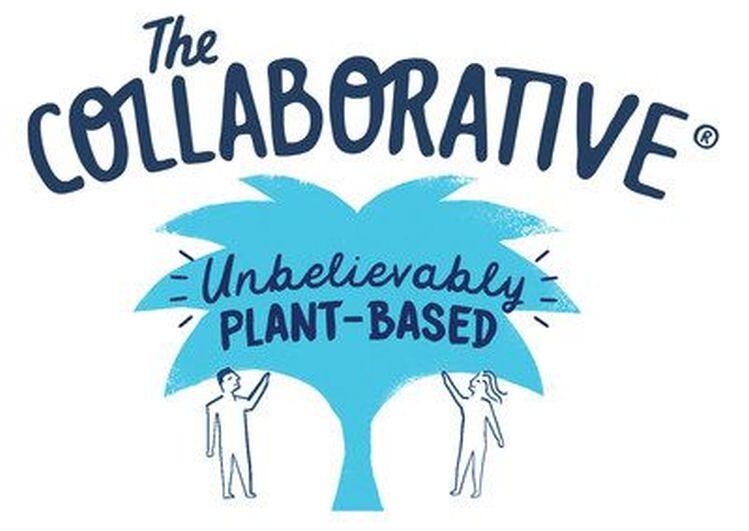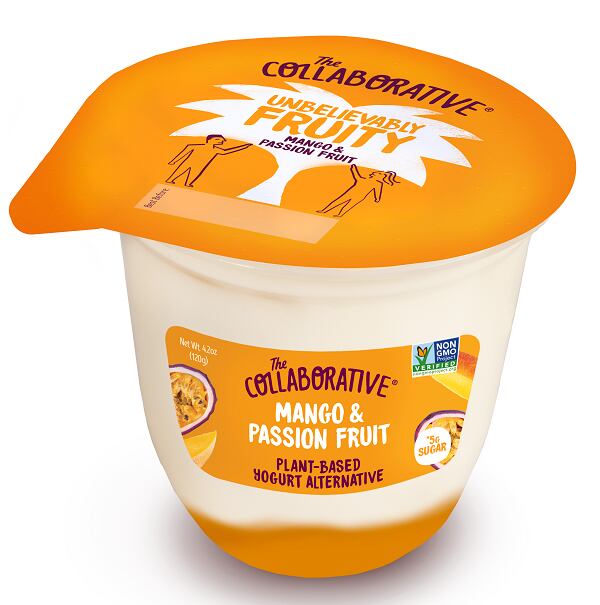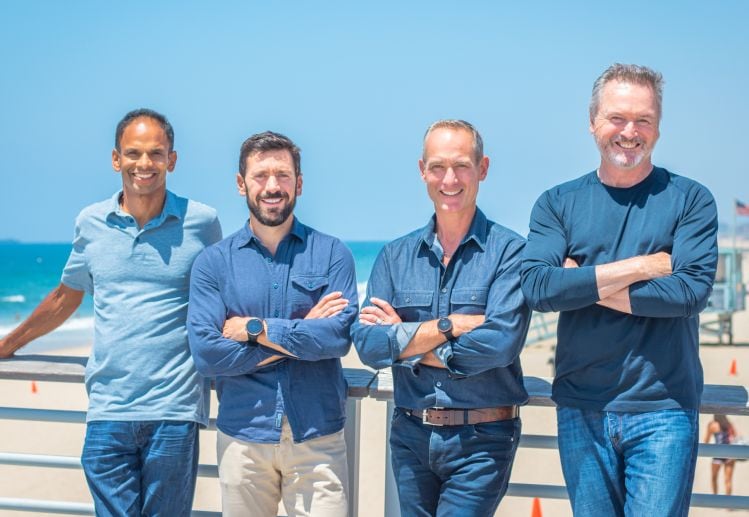Speaking to FoodNavigator-USA after PowerPlant Ventures invested $7m in plant-based dairy brand The Collaborative, co-founder and partner Mark Rampolla said:
“The funds that I know that are dedicated to this space are not going away, but they’re being more cautious and they are being more aggressive with terms and we just have to assume that exits will be fewer and farther between and less pricey.
“We also believe there’s going to be a real shakeout. Too much funding was available too easily, and that’s not just in plant-based, that’s in general in food and beverage, so there’s going to be a sort of healthy culling of the herd, but a healthier group of companies [is going to] come out of this.”
‘Some great companies will be built and scaled during this time’
The recession “could last at least a year but could easily last 18-24 months or longer, so companies will need more capital and more time [to execute plans] and all that gets factored into pricing and deal terms,” said Rampolla.
“So people are still investing but they are going to be a lot more cautious. There will be a lot of companies that fail but also some great companies built and scaled during this time as well.”
Valuations are falling by the minute
Valuations, meanwhile, are “falling by the minute,” he said. “It’s just a practical reality. I spent much more of my life as an entrepreneur than as an investor [Rampolla founded ZICO coconut water in 2004 before selling to Coca-Cola in 2013], but now I understand the other side, we have to be very disciplined with our capital, and so on a risk-adjusted basis, valuations have to come down.
“Now, really extraordinary companies will continue to get good valuations, but pretty much across the board valuations will come down.”
Investment strategy: Caution and discipline
At PowerPlant Ventures, which closed a $165m fund (four times the size of its original fund) last summer, and has invested in a flurry of high-profile brands from Thrive Market, REBBL, Ripple Foods, and Beyond Meat to Apeel Sciences, Rampolla said the partners were being “additionally cautious."
“We believe this is just beginning. We’re expecting this could be the worst we’ve seen since the Great Depression, so we have to pause and be additionally disciplined in our approach.
“We’re generally going to be more biased towards larger companies than we were before, so when we would have looked at a company with $3-4m in [trailing 12 month] sales, now we’re probably more likely looking at $8-10m. We’re also looking for world class management teams, war time CEOs, and brands that are in categories with real staying power.”
The primary focus right now is working with existing portfolio companies, he said, “but we’re actively looking [for new investment opportunities],” even at firms with restaurants and foodservice concepts.
“Man that’s really tough now, but we’re open to entrepreneurs that can convince us otherwise, that have come up with a unique strategy to reach consumers and engage with them.”
‘Plant-based is still a good long-term bet’
As for plant-based foods and beverages, he said: “Plant-based is still a good long-term bet, but I’m pragmatic.
“I feel like in the short term we’re good, and in the very long-term we’re good, but this middle ground [the medium term] is going to be challenging as in an economic recession consumers are going to be more cautious, although brands and companies that can deliver real value are going to win.”
‘If there’s any time in your life to focus on the micro, it’s now…’
While no one knows what the new normal will look like, meanwhile, brands that really understand how their customers are feeling and behaving through all this have an opportunity to break through with relevant products or new business models, he said.
“There are always opportunities to break through. You can’t ignore the macro trends, but if there’s any time in your life to focus on the micro it’s now.
“What are you consumers doing right now? How are they living their lives? What are they eating? How are they shopping and how are they getting their products? How do you become relevant to their lives, solve a problem? If you can figure that out, you’ll be in great shape.”
The new normal: ‘Everyone is trying to figure out how to sell more online’
As for adjusting to the new normal, some food and beverage brands have already adapted go-to-market strategies and business models with astonishing speed to reach consumers at home, said Rampolla.
But in the medium to long-term, he said, “Everyone is trying to figure out how to sell more online,” as COVID-19 accelerates the adoption curve of food e-commerce and the likelihood of being ‘discovered’ in physical stores is reduced as consumers adopt a ‘get in, get what you need, and get out’ mentality to grocery shopping and retailers become “more cautious about a crazy number of SKU assortments.
“You’re going to see retailers really try and own that [e-commerce] channel and build share; all brands are going to have to get really smart at omni channel."

The Collaborative: ‘They created something really extraordinary’
PowerPlant’s latest investment is in The Collaborative (formerly known as The Coconut Collaborative) which Rampolla had been monitoring since its arrival in the US just over two years ago with products now in around 1,000 stores including Target, Whole Foods, Safeway and Fresh Thyme.

Founded in 2014 by James Averdieck – who is something of a legend in the UK food industry after founding upmarket chocolate dessert brand Gü and selling it six years later for a reported £32m – The Collaborative was an instant hit in the UK, and is now on a mission to see if it can emulate its success this side of the Atlantic.
And so far, the signs for the brand – which is anticipating revenues of $30m in 2020 - have been extremely encouraging, said Rampolla.
“While the distribution footprint is quite small, the velocity is really extraordinary, and consistently so across a lot of different stores and markets, so we could see how this could really scale. They’re expanding even in the midst of COVID-19, so you’ve got retailers that are pushing out authorizations and canceling resets, but The Collaborative is still getting them [authorizations].”
‘The velocity is really extraordinary’
The fact that the brand had attracted a CEO of the caliber of former Sabra executive Meiky Tollman was a key factor in the decision to invest, coupled with its unique products and proven track record in another market (the UK – a business which Averdieck will continue to lead), said Rampolla, who has a seat on the board.
“We’d been watching the plant-based yogurt category for some time and sort of waiting and hoping that someone would get it right and I just think they created something really extraordinary. There’s a small group of passionate plant-based consumers that will eat almost anything, but to go mainstream, you have to deliver on taste and experience.”
He added: “They are experimenting with other raw materials [in addition to coconut], and higher protein products, so they have a really interesting product development pipeline, but they are thinking about it very rationally, they are very disciplined and very methodical.”
Best known in the US for its coconut-based yogurt alternatives, The Collaborative is launching several plant-based innovations this year including multiserve tubs of yogurt, vanilla rice pudding, double chocolate mousse, and new chocolate pudding varieties.




